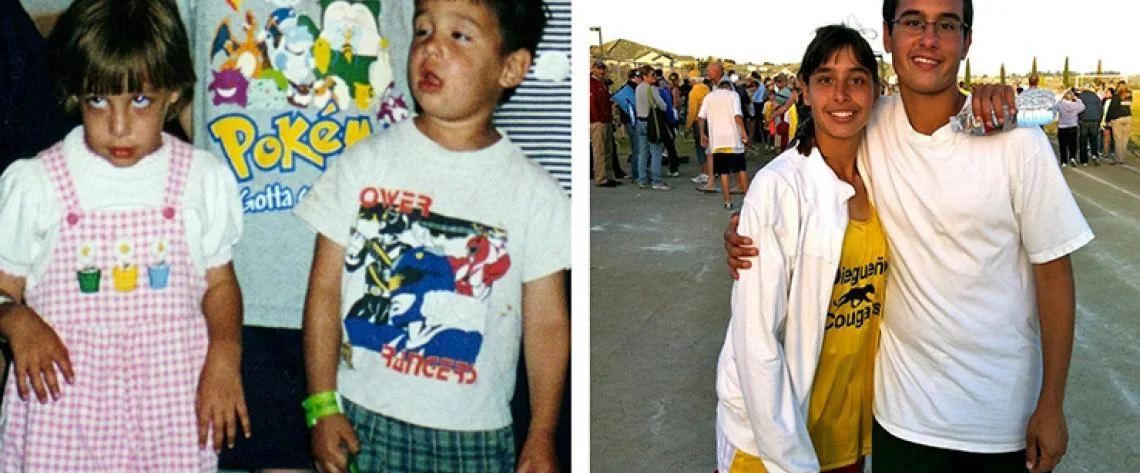
What would you do if your 5-year-old daughter missed developmental milestones and struggled to breathe, walk and talk? If doctor after doctor couldn’t explain what was wrong? If wheelchairs and feeding tubes threatened to dominate her life story?
Modern medicine has helped many people solve their health problems and live on their terms. But for individuals with rare or baffling ailments, the answers remain hidden, and traditional medical treatments become ineffective. A more precise approach is required.
This was the case for Alexis, who spent her first years waiting for the explanation behind her physical and developmental difficulties. Finally, a diagnosis of dopa-responsive dystonia, along with life-changing medication, seemed like the answer. Alexis developed a love for sports and became the happy, independent child her parents always knew she could be.
But when she was 13, Alexis’s symptoms returned. Eighteen months of severe breathing difficulties and ER visits jeopardized all her progress.
Baylor College of Medicine helped Alexis rewrite her story. Thanks to innovative breakthroughs from its internationally recognized Human Genome Sequencing Center, a global leader the field, Baylor has revolutionized precision medicine. Baylor’s visionary researchers sequenced Alexis’s entire genome, pinpointed the exact cause of her condition and devised a personalized treatment that restored her.
Today, Alexis’s story is about a college athlete who exceeded her parents’ greatest hopes. Through cutting-edge advancements in genome sequencing, Baylor College of Medicine aims to empower all individuals seeking treatment to control their stories. Learn more about how Baylor treats patients with precision medicine.




